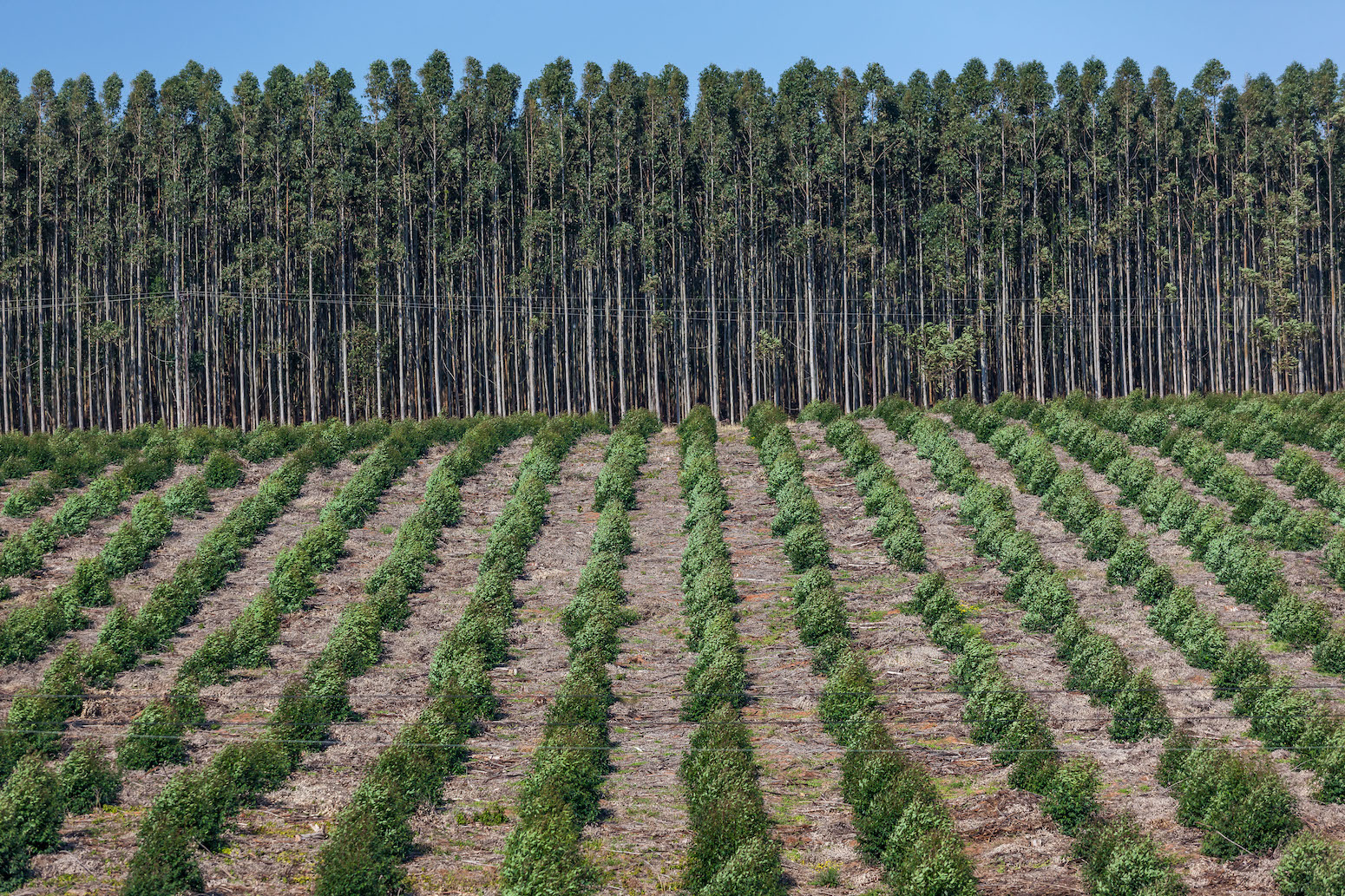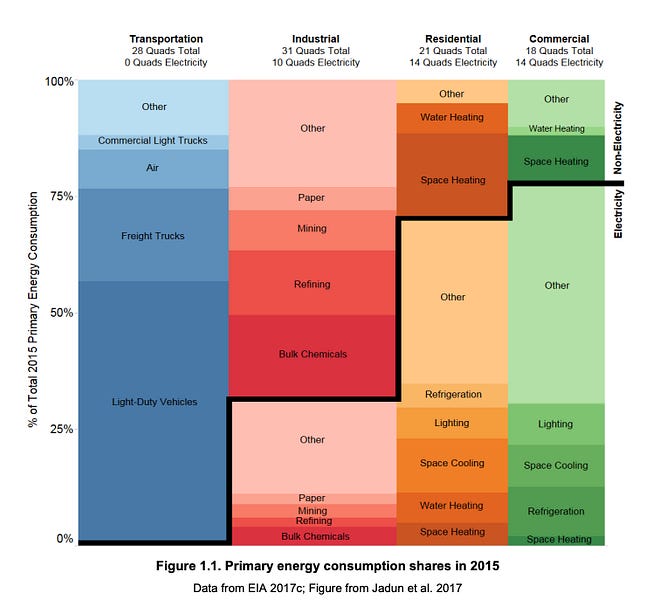GTG Links No. 17 – March 5

Hello GTG readers – I tried keeping it short this week, because I have a) been quite ill, and b) I also did something bad to my back so I need to not sit down for too long. As usual however, the volume of news has other ideas.
It's also March now – happy GDC month for all those whomst observe. AfterClimate will be attending this year and we're scouting out game developers, studios, executives, ESG and climate leads interested in improving and firming up long-term Net Zero plans and accelerating climate action. I'll have some more details on what sorts of things I am looking to do in 2023 soon, with a refresh of the AfterClimate product offering (hopefully this coming week? we shall see). If you're going to be at GDC (or even just in San Francisco) from the 19th to the 25th, come say hi!
Here's a link that will let you make a calendar booking if you just want to slot in a time for a chat, or you can reach out via the contact form.
Time for news and links, starting with...
Why we do what we do
Through the burning of fossil fuels, humans have released more carbon into the atmosphere than is contained in all of the plants currently living on Earth.
— Dr. Robert Rohde (@RARohde) November 18, 2022
More than half of this has occurred since 1990.
We are transforming the Earth and the atmosphere on a truly massive scale. pic.twitter.com/PbWgDxwuvY
With the cost of living biting, games are still a priority
A study of more than 2,000 UK gamers by TalkTalk found that more than three-quarters (78%) said they had modified their behaviour to help save money.
The research found that more than half of those asked (52%) were now sharing new gaming purchases with friends and 62% said they were not buying new games at all – instead focusing on second-hand purchases or freebies.
Wondering if there's anything we can extrapolate to gamer attitudes to climate interventions. At the very least, gamers clearly really care about their gaming, enough to prioritise it over other things, but plenty are not willing to spend on games. Is this a challenge or an opportunity for decarbonisation programs? Would this increase the appetite for low-power (and thus low cost) gaming devices? It's unlikely to make much of a dent in power bills though...

Green Tech News
James Hoffman made solar powered coffee in the desert! And he doesnt even have a very big solar array to do it with, he could roast way way more with even a modest sized installation.
This is super important to me as a specialty coffee afficianado. I am so glad a low/zero emissions coffee industry is possible. It gives me all the same feels I get when I think about a zero emissions games industry. Decarbonisation is not just for heavy industry or big emitters – it's for everyone.
CO2.js is an open source library for CO2 reporting:
“In order to meet the growing demands for reporting and transparency, developers need a way to measure the carbon emissions associated with the apps, sites, and software they build. On the server side, we’re seeing more providers build carbon reporting into their platforms. However, on the application side, it’s largely up to developers themselves to implement solutions. That’s where libraries like CO2.js come in handy, providing a set of research-based, standard calculations that enable developers to quickly add carbon awareness to their products and projects."

Proposing a centralised repository for tracking emissions from Machine Learning/AI
“Existing research on the environmental impacts of ML has been limited to analyses covering a small number of models and does not adequately represent the diversity of ML models and tasks. In the current study, we present a survey of the carbon emissions of 95 ML models across time and different tasks in natural language processing and computer vision. We analyze them in terms of the energy sources used, the amount of CO2 emissions produced, how these emissions evolve across time and how they relate to model performance. We conclude with a discussion regarding the carbon footprint of our field and propose the creation of a centralized repository for reporting and tracking these emissions.”

GreenIT no longer optional
...as our reliance on technology grows, so too does the carbon footprint of the industry. The auto industry is addressing carbon emissions through innovative technologies and eco-friendly practices. The tech industry remains tilted toward a mass ecocide.
Which is maybe a little generous to car manufacturers, but the point is still generally right. When comparing Tech (and games) with other industries, plenty of others are well ahead.

The Policy Corner
Lots going on in the world of policy, government and regulation. This week, Ketan Joshi wrote about the Australian Governments “Safeguard” mechanism’s complete failure as decarbonization policy:
“Far from ‘any progress being good’, this is a case of the illusion of progress being weaponised by a shockingly dangerous industry, and that illusion working perfectly on the centrist technocratic media and political players involved. The consequences are going to be disastrous.”

New EU rules around green bonds
Apple, Google, MS and others are already using Green Bonds in their climate strategies, so greater certainty and standards from regulators can only help.
/cloudfront-us-east-2.images.arcpublishing.com/reuters/PR3WGBMU5NPQDBBIO5CONT5B2U.jpg)
The IEA points to fossil fuel subsidies reaching as much as $1tn dollars (!!!) in 2022

Beautiful new report on the simple enablers of net zero transport
This is hugely encouraging as it knocks out of contention some of the whataboutism regarding materials scarcity and the resources needed for the net zero transition. Concerns about available resources like lithium etc. often get used as a fig leaf for delaying action.
“Lithium demand can be reduced by up to 92 percent in 2050 in comparison to the most lithium-intensive scenarios. This can be done by employing three key policy interventions: decreasing car dependency, right-sizing EV batteries, and creating a robust recycling system.”

New research from Berkeley Lab finds Japan can achieve 90% clean electricity by 2035
This supports yet another country in the G7 target of 100% net zero electricity. 2035 is not even that far off – only twelve years! Imagine if we pull it off. Things would look incredibly different.
Exciting news! A new study from our Lab reveals that with the decreasing costs of #solar, #wind, and #battery storage, Japan can shift to 90% clean electricity by 2035. Read the full story from @ReutersScience
— Berkeley Lab (@BerkeleyLab) March 1, 2023
⬇️ https://t.co/BenHRh2Qbp@BerkeleyLabETA https://t.co/A3fQD5b7M4
Dashboard for AWS sustainability
"The Sustainability Metrics Dashboard provides visibility into key metrics for building sustainably in the cloud. The dashboard shows resource level data of compute, network, storage and operational usage of your AWS environment to support optimization decisions and reduce carbon footprint of cloud usage."
New open project: Carbon QL
This looks really handy if it achieves what it sets out to:
"the intent of this project is to build a single API codenamed carbonQL that you can use to measure your software emissions for every runtime environment. If your application runs on bare-metal servers in the private cloud, virtualized servers in the public cloud, mobile, desktop, and laptop end-user devices, the carbonQL API gives you data for all of them."
via the Green Software Foundation newsletter – a great source for up-to-the-minute developments in green coding and IT.
CO2 for thought
Carbon Market Watch on the problem with removals:
...carbon removals should only be used to reduce the concentration of greenhouse gases in the atmosphere and, as a last resort, to counterbalance those so-called residual emissions that cannot be eliminated in vital sectors where complete decarbonisation is very expensive if not impossible. This is because deployment of carbon removals is inherently limited due to technological constraints, energy requirements and the supply of land. There are also potential negative effects associated with some carbon removals methods, such as land grabbing and deforestation. That is why removals should be treated as a valuable and scarce resource rather than a corporate greenwashing tool.
And while doing some research for some other work, I came across this older piece in Carbon Brief on why even CO2 removals are not a 1:1 match for emissions. This was really challenging:
An assumption that is commonly made when balancing a CO2 emission with a CO2 removal is that “one tonne in equals one tonne out” – that is, that the behaviour of the climate system in response to emissions and removals is “symmetrical”.
But this assumption had not been tested, and – while likely reasonable for small emissions and removals – it seemed unlikely to hold for larger emissions and removals due to the non-linear nature of the Earth system.
All the more important to focus on real reductions, cuts and improvements in efficiency.

Emissions from the flower industry
I have never considered the emissions involved in sending flowers before, but just like everything else, it's got a ways to go to get to zero emissions. These metrics are a bit mind-boggling when you think about it.
FYI chart: pic.twitter.com/LfvE1cqF1F
— Richard Baldwin (@BaldwinRE) February 20, 2023
One of the best presentations I've seen on the state of climate
There are some truly incredible charts, data, and interesting facts about the current state of emissions and decarbonisation opportunities. I have promised myself I will come back and read the rest (there's hundreds!), but even the first slides were incredible.

Hydrogen test flight
The first test flight of a hydrogen powered airplane apparently just happened? Very short, and frankly my money is on the future of air travel being a fair bit slower (i.e. airships, in the vein of Kim Stanley Robinson) but this is still a positive step.
The Big Picture
Here's Adam Tooze on the history, politics and scale of the electrification challenge ahead of us.

I am a huge fan of Tooze's work. His newsletter Chartbook, aside from being essential, was also a big inspiration behind starting GTG, and I often find unexpected resonances in his writing with things happening in the world of climate and sustainability. But in this series 'Carbon Notes' he's just started, he finally turns the full force of his considerable ability to the history of electicity and what its showing us about the future. As long time readers will remember, when I wrote my summary of the US' net zero strategy last year, the number one feature was the importance of electrification, which is what he takes up here:
“The wholesale displacement of fossil fuels across global electricity generation, with overall capacity expanded to twice its current size, in the space of a single generation, will be a truly staggering undertaking. To attempt to fit this drama into some familiar experience of “energy transition” is to dramatically underestimate the challenge ahead. In economic terms, as measured by trillions of dollars of investment, it is well within the capacity of modern economies. As much as it will devalue existing assets, it will be a huge value-generator. As a technical, industrial, political and societal challenge, it is gigantic and unprecedented.
If it is achieved through the application of net zero targets and deliberate policy, it will be one of the most spectacular collective acts of government intervention on record. If on the other hand it ultimately ends up being driven by the rapid development of electrical technology and the spectacular fall in the cost of renewables, it will be one of the most comprehensive processes of “market-driven” (admittedly, a highly problematic shorthand) economic restructuring ever seen…”
Bracing stuff. Looking forward to reading more – and I'll make sure to share the highlights here.
Thanks for reading GTG – don't forget to get in touch if you're going to be at GDC and want to chat about any aspect of games, sustainability, net zero, or how you can speed up your own net zero ambition.










